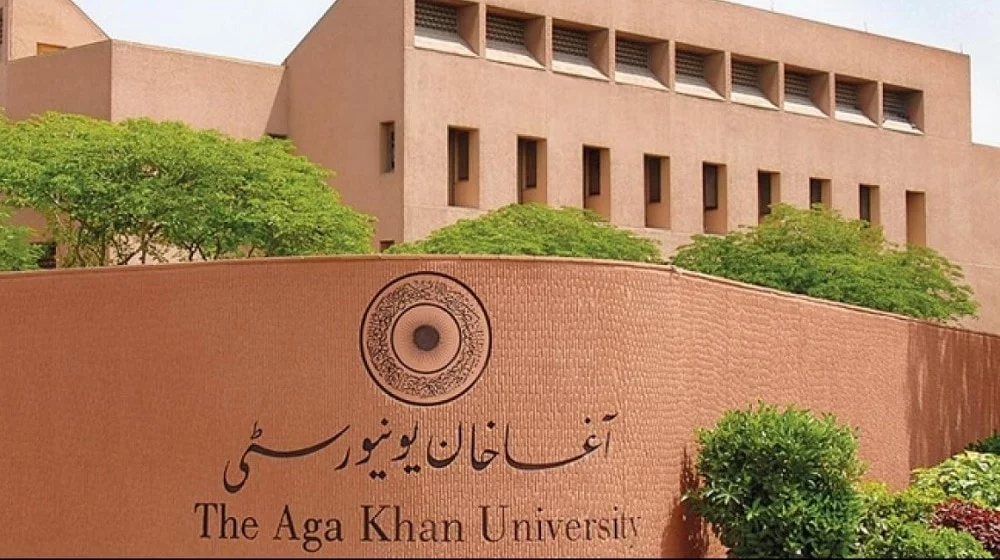
A startling 87% of pupils consider their school bags as ‘heavy’, according to a recent survey conducted by researchers from the Aga Khan University Institute for Educational Development (AKU-IED). The study, which included responses from 450 students and parents, raises serious concerns about the weight of school bags and their effect on the health of children across the country.
The consequences of carrying these heavy loads are alarming. A staggering 93% of children reported experiencing muscular pain caused by the weight of their bags. This pain manifests in various parts of the body, with 57% complaining of shoulder pain, 19% suffering from backache, and 12% each experiencing discomfort in their neck and legs.
Upon closer inspection, it was discovered that 70% of these children carry a plethora of items, including books, notebooks, stationery, lunch boxes, and water bottles, which contribute significantly to the overall weight of their bags.
“My shoulders are already hunched in one direction because of the school bag,” said young Noor, a teenage student at a local school. “Even though my bag is always full, I always fear that I may have forgotten something at home.”
Parents are equally concerned, with 91% expressing worries about the weight of their children’s school bags. On average, these bags weigh around six kilograms, which is similar to carrying ten basketballs. The range, however, can be as low as one kilo or as high as 16 kilos each. Furthermore, 93% of parents reported that heavy school bags have negative health effects on their children, including muscular pain, posture issues, and fatigue.
“The younger the child, the greater will be the negative effect on their growing bodies. Excessive load bearing can lead to growth plate disturbances, spinal column misalignment, shoulder level imbalance since the load is usually on one side,” said Dr Masood Umer, Professor of Orthopaedic Surgery at AKU. “Additionally, muscle strain, nerve strain to upper limbs, and long-term posture problems can also occur. This poses a serious risk to the health and well-being of our young students.”
To address the issue of heavy school bags, stakeholders such as schools, parents, and policymakers can work together to implement strategies such as regulating bag weight, promoting digital resources, reviewing curricula to prioritize essential materials, educating parents on sensible packing, and developing guidelines for maintaining optimal bag weight limits. These actions aim to reduce physical strain and health risks for children, resulting in a healthier and more conducive learning environment.
The survey findings highlight a critical issue that demands immediate attention. The prolonged physical strain caused by heavy school bags can have long-term health implications for children. As a result, all stakeholders, including schools, parents, and policymakers, need to work together to develop effective strategies to lighten the educational load and prioritize the well-being of our children.
Aisha Naz Ansari is a graduate of MPhil in Education from Aga Khan University Institute for Educational Development, Pakistan. She is working as a research associate on a nationwide research project. As part of her MPhil studies, she has worked on the psycho social-emotional development of students. She has published more than 15 research articles and research blogs in international and national journals and forums. Her research areas include systematic reviews, educational technology, educational psychology, teacher education, public-private partnerships, and classroom teaching and learning.
Sohail Ahmad is a doctoral candidate at Aga Khan University Institute for Educational Development, Pakistan. His PhD research project is on ‘Developing and validating Classroom Observation Tool for assessing and enhancing teaching quality in higher education’. His area of research interest involves quality assurance in higher education, pedagogical quality and students’ learning outcomes, large-scale assessment, and mixed-methods research.
American Kaillie Humphries Armbruster found herself at the Olympic medal stand once more for her…
In Pakistan, airstrikes targeting militants in Afghanistan have left their infrastructure decimated across various provinces.…
Punjab's anti-corruption establishment arrested a primary schoolteacher this weekend on suspicion of accepting a bribe…
In a coordinated military operation, Pakistani forces have eliminated seven "terrorist camps and hideouts belonging…
Jordan Stolz’s dream of becoming the first man in 32 years with three Olympic golds…
Iranian students at several universities began their new academic term with significant protest activities, a…
This website uses cookies.